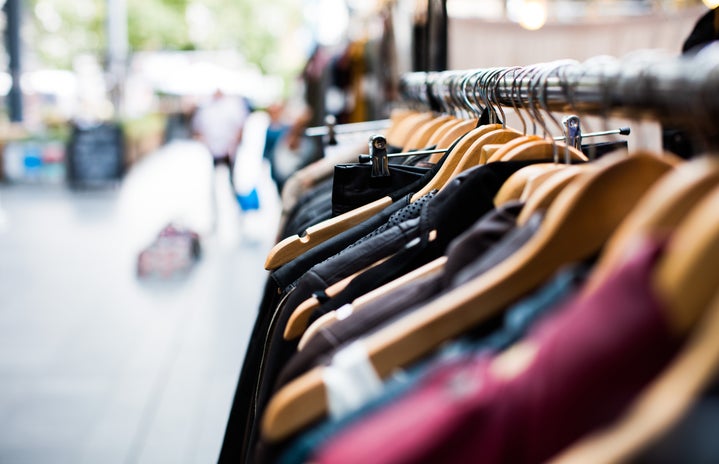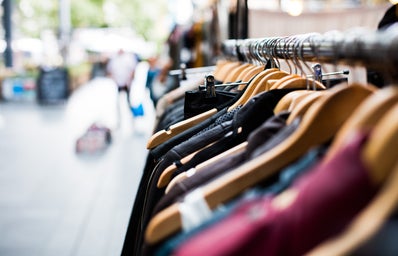It’s been six weeks since I deserted my comfortable dorm room in the busy and coastal city of Los Angeles and traded it in for my new accommodations in a far-less urban town in the middle of the US. I left California a lot less prepared than I should have anticipated, leaving many of my material things and stuff abandoned. While my current housing gives me access to the people I love, a shelter to take comfort and to feel safe in, I couldn’t help but get upset with my forced transition to scale down my lifestyle, and leave behind so much of what had felt like essential components of my day to day life.
While the beginning stages seemed challenging, I’ve found peace in practicing what famed psychologist Marsha Lineham calls “radical acceptance.” Instead of resisting the things I cannot and — chose not — to change, I’ve learned to meet the difficult moments where they are, answering them with a simple “yes.”
Through these willful “yes’s” and acceptance with the new normal of each day, I’ve even found comfort with what I had previously considered to be an involuntary conversion to minimalism. And believe it or not, I’m doing pretty well:
I exercise daily but only have two sports bras. I have two sweaters in my closet that I rotate, in contrast to the seventeen I had back in LA. I drink the exact same tea every day, I use broken AirPods, and I’ve been consistently lowering my weekly average screen time on my phone.
With few of my regular resources available at my disposal, I’ve learned to live with near the minimum of what I actually need. While I am owed no credit for making this transition, I have wondered where this troubling mentality, the one that makes us feel irrefutably connected and dependent on stuff and things we call our own, comes from.
There are two types of materialisms that define our attachment to things, according to Dr. Mihaly Csikszentmihalyi, a psychology professor at Claremont Graduate University. One serves a more unfulfilled purpose, with goods providing security for their ability to impress others, or just having to have. The other form has to do with our emotional attachment, an identity that we may have embedded in things, with our stuff acting as a storage space we’ve projected meaning into.
When broken down into these two categories, it seems obvious that the shoes, notebooks, lotions and plants still sitting in my dorm have more to do with the “having just to have” condition than being considered real receptacles of my identity. Although a copy of my favorite book and the mug given to me by a professor may not be of necessity, they are definitely items holding personal value and significance.
In regards to the belongings I brought with me and countering my instinctual behavior to buy more or replace what is broken, I’ve only had it reinforced that very little of what we own provides us with what we need. If our dependence and attachment to things ultimately resides in our associations or experiences embedded in them, then the solution may not be in increasing the amount we have, but instead in our search for meaningful connection amongst the people and places in front of us now.
With many unknowns still to face, I will try to keep radically accepting my separation from what remains back in LA, and continue to find new elements of my life to forge connections and project feelings onto. If not in the stuff, then within myself, those I’m with, and the experiences we can share together despite the circumstances.



